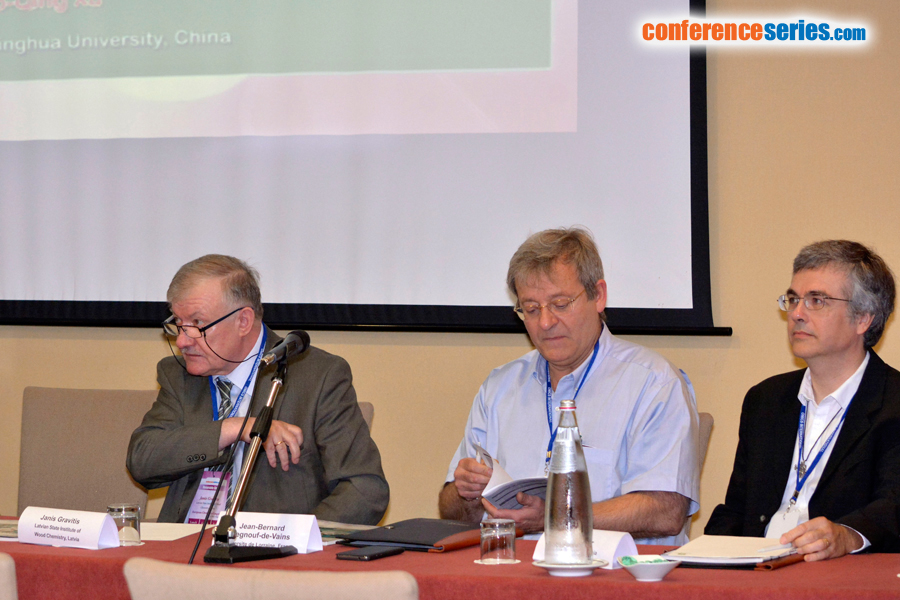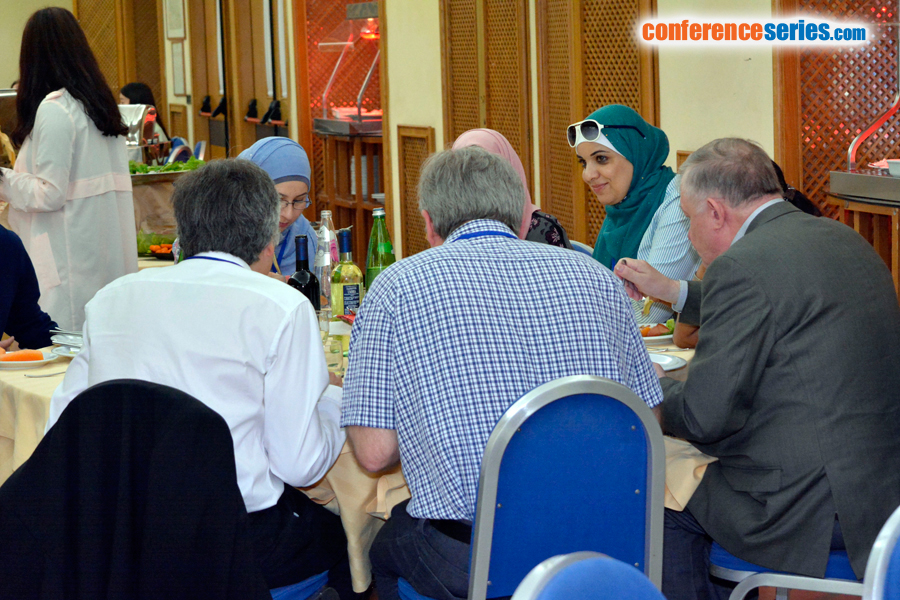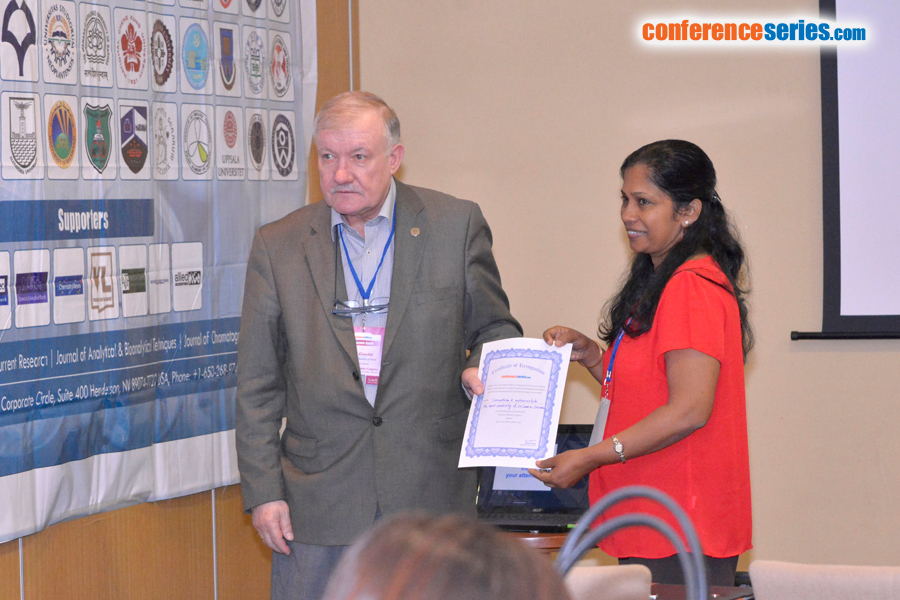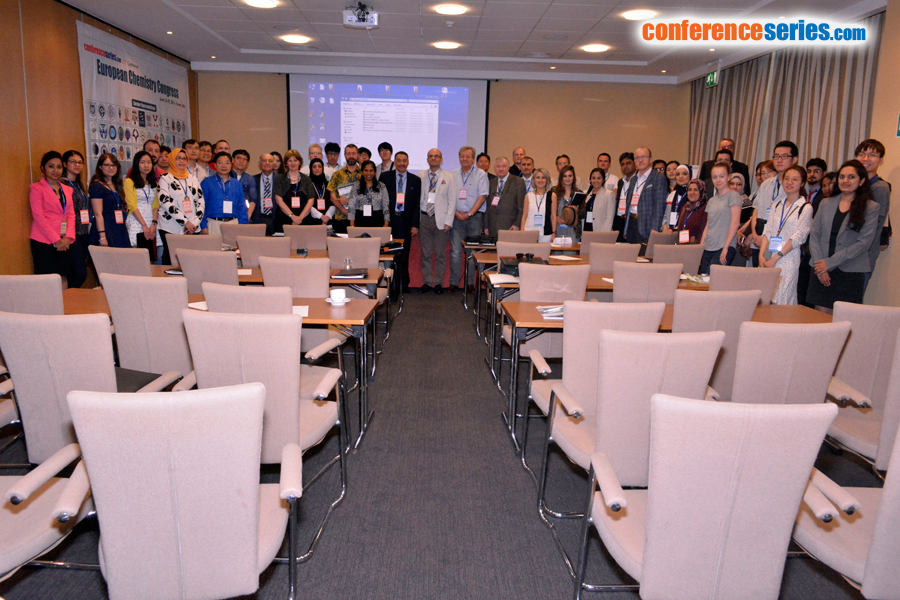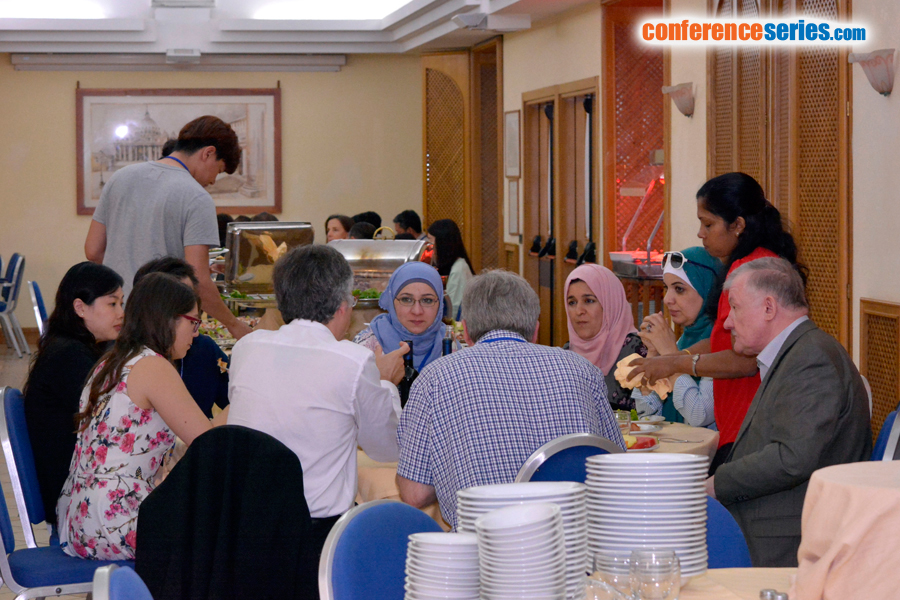
Janis Gravitis
Latvian state institute of wood chemistry, Latvia
Title: Green forest and agricultural waste bio-refinery techniques and breakthrough materials
Biography
Biography: Janis Gravitis
Abstract
The current report describes challenges and opportunities of green chemistry technologies of forest and agriculture integrated bio-refineries for processing the value added from wood-based lignocellulosics and agriculture biomass. Biomass processing employing not only chemical, but also thermochemical and biochemical techniques. The circular forest bio-economy covers forest primary (biomass pretreatment, pulping technologies, etc.) and secondary (macromolecular components functionalization, biomimetic synthesizing, new micro-, nano-biocomposites processing, etc) and also chemical components separation and down stream processing technologies. The report emphasizes advanced breakthough approaches, for instance, direct conversion of biomass to electricity, reducing of biomass recalcitntrace in biofuels production, electro-, nano-spinning for new texstails, boards without binders from fossil oil, biomimetic hybrid (organic + inorganic) materials, etc. Biorefinery concept includes e.g. ionic liquid, supercrytical, steam explosion, treatments of renewables using green chemistry principles. The author tries to explain employed treatments through the changes of complex architecture of lignocellulosics. In structural characterisation crucial role play small and super-small (synchrotron) X-ray or neutron scattering. The topic covers bioinspired modelling and simulation and sometimes bordering with synthetic biology. The report demonstrates high economic, social and environmental importance. Author acknowledges support from the Horizon 2020 Program Project ERIFORE and National Research Program “Forest and earth entrails resources: research and sustainable utilization – new products and technologies. (ResProd) (2010-2019).


